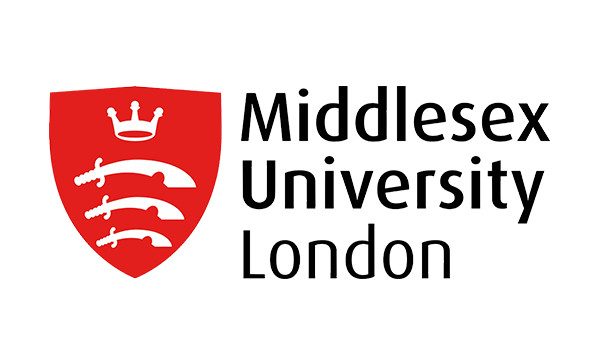UK09 MSc Criminology with Forensic Psychology Middlesex University London
-
THÔNG TIN CHUNG
This degree combines core modules in criminology and forensic psychology with optional modules on topics including drugs, trans-national crime and conflict, policing, terrorism and the major institutions of criminal justice. The programme is delivered within the Criminology and Sociology Department in the School of Law, with the forensic psychology component taught by colleagues with specialisms in criminological psychology.
Why study MSc Criminology with Forensic Psychology at Middlesex University?
The course is of special interest to those without a first degree in psychology but with a particular interest in psychological perspectives on crime and criminal justice. All staff delivering modules on the course are engaged in research that informs their teaching on the programme.
Students have the opportunity to study modules on criminology programmes with our European partner universities supported by Erasmus funding.
Students studying this master's degree at Middlesex will benefit from expert guest lectures. In past years observational visits to the criminal courts have assisted with developing knowledge of psycho-legal court room decision-making and a visit to an adult prison has built an understanding of imprisoned populations and the psycho-social intervention programmes operating within prisons. In 2020-21 such field visits will not be possible, but module teaching will incorporate specialist guest lectures delivered by experts working in these fields, together with the areas such as offender management, gangs, policing, prisoner care and welfare, and forensic psychology.
Students on the MSc are encouraged to participate in the Common Studies Programme in Critical Criminology, to be held either online or face-to-face. This is an opportunity to build links with postgraduate criminologists studying in universities across Europe including Athens, Barcelona, Ghent, Hamburg, Rotterdam, and also at John Jay College in New York.
You will be taught by experts from both Psychology and Criminology who have a wealth of specialist knowledge and research experience between them, including Dr Elena Martellozzo, who offers regular expert advice about online child safety to the Metropolitan Police.
Other research interests within the team include the criminal courts and justice administration; the treatment of mentally disordered offenders; drug policy and practice; violence towards sex workers; collective protest and social movements; organised crime and corruption; and penal abolitionism.
-
CƠ HỘI NGHỀ NGHIỆP
The course aims to equip you with the necessary skills to excel in a wide range of careers, such as; employment in posts working directly with offenders both in prison and within community-based reducing re-offending projects; roles concerning prisoner rehabilitation plans and prisoner health and well-being; charitable organisation-based roles supporting those on release from prison; community-based drug and alcohol project roles; domestic violence perpetrator project roles; and careers working on offender rehabilitation and therapeutic projects applying cognitive-thinking techniques
Students are also equipped for positions engaging in research, data analysis, and programme evaluation offered by research organisations, the charitable and voluntary sector, in Ministry of Justice Departments such as the National Offender Monitoring Service (NOMS), policing organisations, and the government's high-level crime fighting agency the National Crime Agency (NCA). There are many opportunities in work with young people experiencing family dysfunction and disadvantage, young people 'at risk' of offending, and in services supporting young and vulnerable 'care leavers'.
Students who have studied MSc Criminology with Forensic Psychology at Middlesex have gone on to work for the National Crime Agency, in prison drug service programmes, in offender pathway planning and monitoring with the probation service, in services aimed at victims of domestic violence, as mentors for young men coming out of prison, in housing and support services for released prisoners, in local government organisations, and in youth offending organisations.
Those already in industry view their master's-level studies as a means to facilitating career progression within their organisations. A number of students have continued their studies in criminology and psychology at PhD level. Staff in the department will work alongside the employability office to facilitate your future career decisions.
- ĐIỀU KIỆN ĐẦU VÀO
- ĐIỀU KIỆN NGÔN NGỮ
- HỌC BỔNG
- ĐỊA ĐIỂM
Tóm tắt
-
Phí ghi danh
0
-
Độ dài khoá học
1 năm
-
Kỳ nhập học
Tháng 9
Phí Cơ Bản
-
Loại Tiền
-
Học Phí
Trên năm -
Phí Sinh Hoạt
Trên năm -
Tổng






